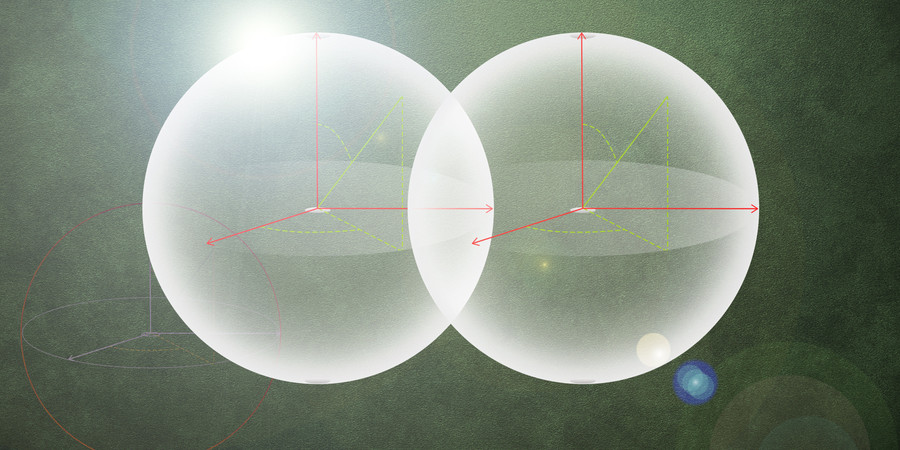Monday, March 7, 2023 | 11:00am – 11:45am ET
Speaker: Alex Sludds, MIT PhD Candidate
Register for this virtual Nano Explorations event here.
Abstract: Advanced machine learning models are currently impossible to run on edge devices such as smart sensors and unmanned aerial vehicles owing to constraints on power, processing, and memory.
In this talk, Sludds will introduce an approach to machine learning inference based on delocalized analog processing across networks. In this approach, named Netcast, cloud-based “smart transceivers” stream weight data to edge devices, enabling ultraefficient photonic inference.
Sludds and his colleagues have demonstrated image recognition at ultralow optical energy of 40 attojoules per multiply (less than 1 photon per multiply) at 98.8% (93%) classification accuracy. They reproduced this performance in a Boston-area field trial over 86 kilometers of deployed optical fiber, wavelength multiplexed over 3 terahertz of optical bandwidth. Netcast allows milliwatt-class edge devices with minimal memory and processing to compute at teraFLOPS rates reserved for high-power (more than 100 watts) cloud computers.
 Speaker Bio: Alexander Sludds, is an MIT PhD student in integrated photonics. His research interests include the application of optics to data management and access for computation as well as novel techniques for interfacing CMOS and Photonic Systems. Most recently his research has focused on large scale Silicon Photonic systems demonstrating Optical Neural Networks more energy efficient and faster than possible with electrical CMOS technology. In practice of this research Sludds has lead large system tapeouts in commercial Photonic CMOS foundry processes. Sludds received a Bachelors of Science in Electrical Engineering and Computer Science from MIT in 2018.
Speaker Bio: Alexander Sludds, is an MIT PhD student in integrated photonics. His research interests include the application of optics to data management and access for computation as well as novel techniques for interfacing CMOS and Photonic Systems. Most recently his research has focused on large scale Silicon Photonic systems demonstrating Optical Neural Networks more energy efficient and faster than possible with electrical CMOS technology. In practice of this research Sludds has lead large system tapeouts in commercial Photonic CMOS foundry processes. Sludds received a Bachelors of Science in Electrical Engineering and Computer Science from MIT in 2018.
Learn more about Nano Explorations webinars here.
Explore
MIT Engineers Advance Toward a Fault-tolerant Quantum Computer
Adam Zewe | MIT News
Researchers achieved a type of coupling between artificial atoms and photons that could enable readout and processing of quantum information in a few nanoseconds.
The Road to Gate-All-Around CMOS
Monday, April 14, 2025 | 10:00 AM to 11:00 AM
In-Person
Haus Room (36-428)
50 Vassar Street Cambridge, MA
2025 MIT AI Hardware Program Annual Symposium
Monday, March 31, 2025 | 10:00 AM - 3:30 PM ET
Multiple Speakers




